‘You have cancer’
Surely, these are the words we most fear hearing our doctor say. Whether or not the disease is terminal, a cancer diagnosis brings us face to face with the reality of our own mortality. And close to 150 000 South Africans will hear these words in the year ahead. World Cancer Day on 4 February, shines a spotlight on the disease: how we can avoid it, treat it, and ultimately accept it.
Treatment options
Depending on the type of cancer you have, your doctor or oncologist will outline a treatment programme which may include surgery, radiation treatment and/or chemotherapy. Great progress has been made in these treatments. Oncologists are now able to target and destroy cancer cells with far more accuracy, leaving healthy cells intact. This results in fewer unpleasant side effects.
Nevertheless, if you are undergoing treatment, you may experience tiredness, nausea, diarrhea, hair loss or other side effects.
Get plenty of rest
Even if you experience few side effects, your body needs plenty of rest to fight the disease. If possible, plan to spend the day after treatment quietly at home on your couch or bed. This is not the time to arrange a social outing with friends or go on a shopping spree! If you have a job, let your employer know about your treatment schedule and arrange in advance to take leave if necessary on the days following your treatment.
Ask for help
While some friends may feel awkward around you and not know what to say to you when you first tell them you have cancer, most will be only too glad to help out in practical ways.
Ask for help in preparing meals, arrange for someone to take you to and from your treatment appointments (especially if you feel weak or nauseous afterwards), go with you to doctor’s appointments (if you are frightened or confused by the treatment options prescribed) or just pop in and keep you company when you feel low.
Dealing with nausea
Your oncologist will prescribe anti-nausea medicine if necessary. You can also help control it by sticking to a bland diet, with plenty of water to keep you hydrated. Eat and drink slowly, in small amounts every couple of hours.
Dry foods, such as rice crackers, toast, pretzels or cereal, are more easily tolerated when you feel nauseous. Bananas and apple-sauce are also great. Rich, fatty foods and sweet, caffeinated or dairy-based beverages tend to make things worse. Ginger is well-known for helping combat nausea and ginger tea is easy to make. Simply finely chop or grate fresh ginger into a pot of water and boil for 7-10 minutes.
If possible, leave the preparation and cooking of meals to someone else, as the smell can trigger nausea. If you don’t have anyone to help you, order prepared food delivered to your door. Just not pizza or chips!
What if your cancer is terminal?
Everyone deals with a terminal diagnosis differently. Among the emotions you might experience after learning that you have cancer are anger, resentment, distress, fear, denial, depression, sadness or acceptance. There is no right or wrong way to react.
Even though we don’t like to think about it, we all know that eventually we are going to die. It’s the one certainty in life! And the older we get, the more accepting we are likely to be. For this reason, older people may react to a cancer diagnosis quite differently to younger people. For instance, they may choose not to prolong their lives by undergoing treatment, but rather to focus on enjoying the time they have left.
Many philosophers point out that the only time you have is right now … this moment. If you can see every moment as a gift, you are more likely to enjoy the rest of your life.
Live for the moment
Watch that sunset. Listen to the birds singing. Take your spouse’s hand and sit quietly together. Make a point of telling friends and family the things you want them to know … that you love them, you’re proud of them, you forgive them. Pick up the phone and call that someone you don’t speak to anymore because of some long ago disagreement. Make your peace with your loved ones.
Unlike dying in a car crash or from a sudden, unexpected heart attack, finding out that you are terminally ill with cancer gives you the opportunity to make sure your affairs are in order. Is your Will up to date? Does your family know where to find it and other important documents like your life assurance policy and bank account details? What type of funeral would you like? Would you prefer burial or cremation? Discussing these details openly now will make everything much easier on your loved ones when the time comes.
You may also want to discuss where you will spend your final days. In hospital? At home? In a care facility? If you want to pass away at home, your loved ones may need support. Call the Cancer Association or your local hospice for help.
Although Tafta doesn’t offer hospice care, nurses and carers at our Eden Alternative registered homes are trained in palliative care. Palliative care is rooted in the philosophy of dignity and focuses on alleviating distressing symptoms and keeping patients comfortable and free from pain, rather than treatment designed to cure or prolong life.

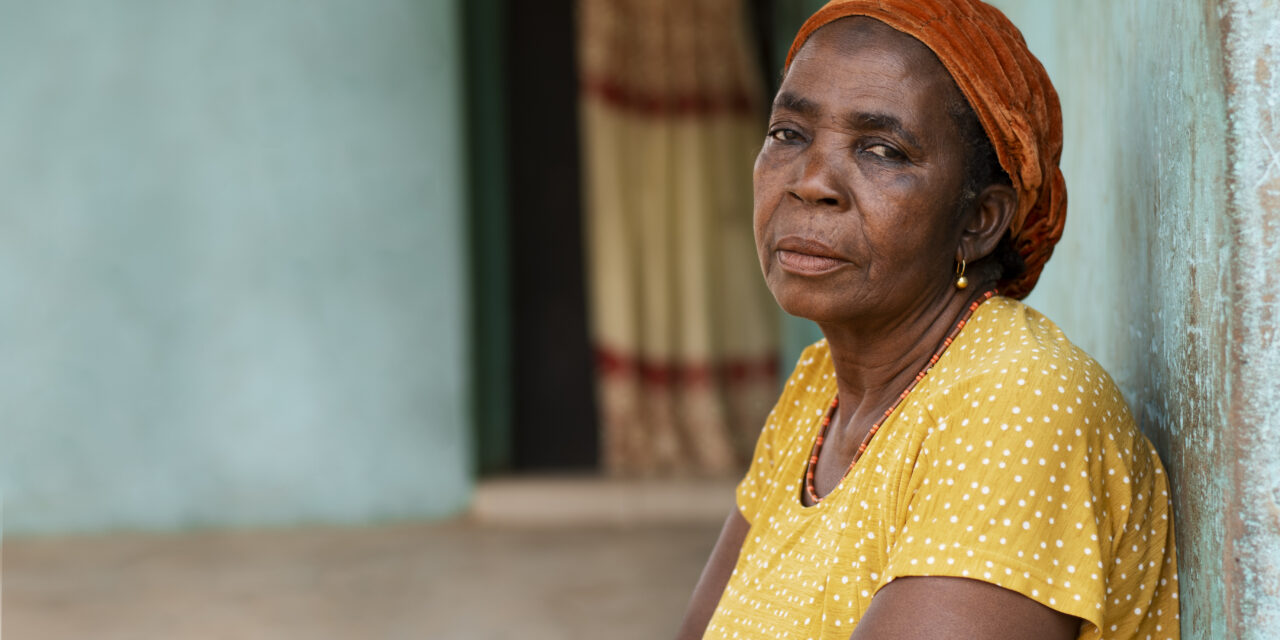
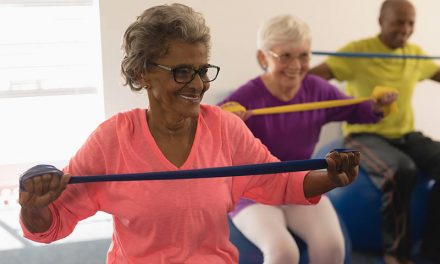
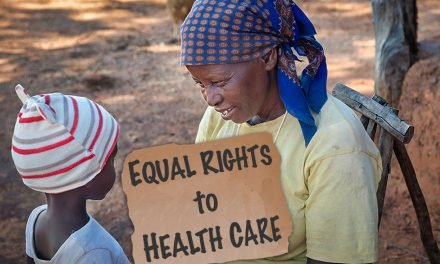
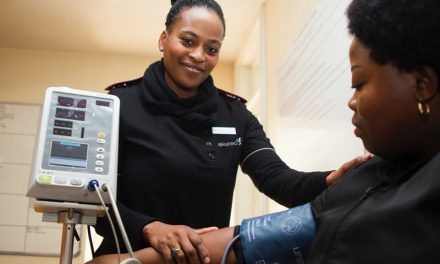

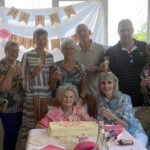 Celebrating 100 years of life with Mrs Rosemary De Waal
Celebrating 100 years of life with Mrs Rosemary De Waal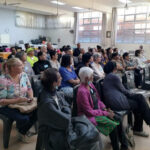 Open Days at Tafta – explore safe and supportive accommodation options.
Open Days at Tafta – explore safe and supportive accommodation options. 67 minutes for 67 years – you helped tick off 67 much-needed items
67 minutes for 67 years – you helped tick off 67 much-needed items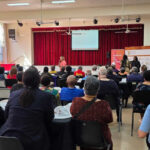 Alzheimer’s Awareness Day – breaking down the stigma
Alzheimer’s Awareness Day – breaking down the stigma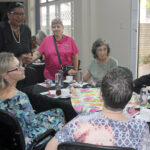 Always better to say, ‘thank you’ in person
Always better to say, ‘thank you’ in person “Back in Time” with our resident volunteers!
“Back in Time” with our resident volunteers! More than 200 older persons shine at Tafta sports day
More than 200 older persons shine at Tafta sports day Sixteen-year-old leads heartfelt drive to support Tafta
Sixteen-year-old leads heartfelt drive to support Tafta Keeping elders connected – WiFi is in the building!
Keeping elders connected – WiFi is in the building! Elders’ safety prioritised with new fencing at Tafta Park
Elders’ safety prioritised with new fencing at Tafta Park